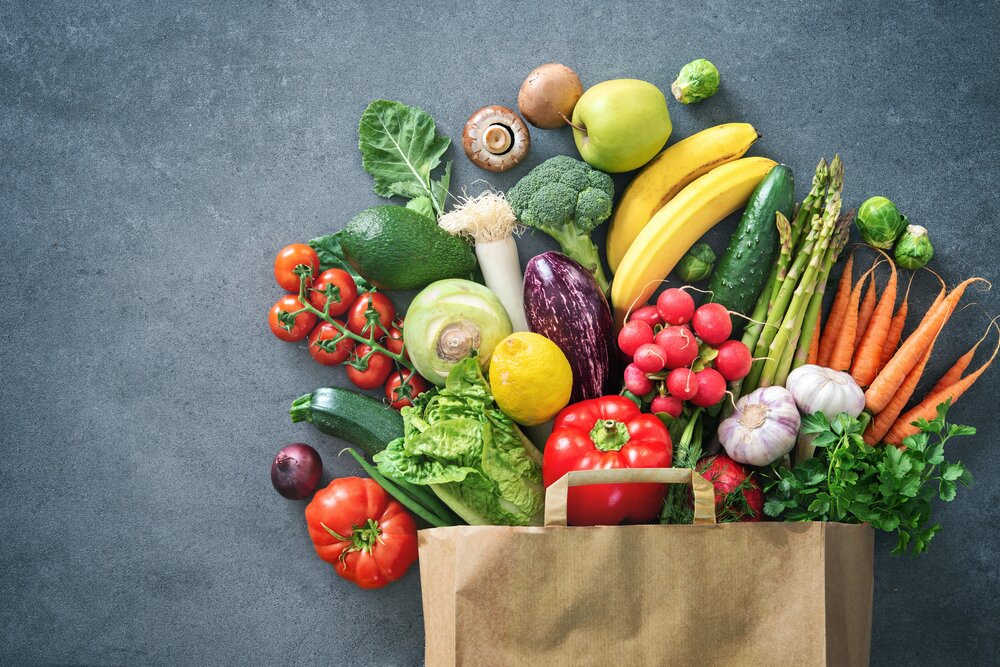The word ‘diet’ does not tend to conjure up thoughts of abundance. It usually involves restricting what you’re eating, and feeling a bit sad come dinnertime.
While the DASH diet might feature the dreaded ‘d’ word in its name, it’s less concerned with deprivation, and more concerned with helping people pick healthy options in a bid to lower blood pressure.
DASH stands for ‘Dietary Approaches to Stop Hypertension’, and unlike a crash diet, is a way of eating designed to benefit your health long-term.
A newly published study in the Annals of Internal Medicine compared those following the DASH diet and people eating lots of fruit and veg, with a control group of participants eating a “typical” American diet.
Over the course of eight weeks, participants on the DASH diet (and the one rich in fruit and veg) saw their blood pressure and cholesterol reduce in comparison to those on the typical diet.
What is the DASH diet?
The DASH diet doesn’t involve you doing a lemon juice, maple syrup and cayenne pepper cleanse, like some fad diets do. Instead, it is “low in salt and encourages you to eat whole grains, fruit, vegetables, pulses, lean meat, fish and low fat dairy products,” explains Sophie Medlin, consultant dietitian and director of City Dietitians.
“As well as being low in salt, the diet is low in saturated fat, which helps to lower cholesterol. The diet is high in fibre, rich in vitamins and minerals, and is full of good quality protein which will help you to feel full throughout the day.”
The fact the diet is low in salt is key to helping reduce hypertension. “Salt intake and blood pressure are closely linked because the more salt you take in your diet, the more water you retain in your body, increasing the amount of pressure your blood vessels are under,” explains Medlin.
As a result, to help minimise your risk of stroke and heart attack, it’s important to monitor your salt intake and blood pressure.
“We get a lot of salt in our diet from processed foods, including salty snacks, takeaway or ready meals, and processed meat like sausages and bacon,” says Medlin.
“This means that just stopping adding salt at the table isn’t enough for many people to reduce their blood pressure to a safe level, dietary changes are needed,” – and this is where the DASH diet can help.
As well as the potential impact on your blood pressure, Medlin says the DASH diet can also offer “protection against heart disease, diabetes and some cancers”.
And it isn’t a new phenomenon. “It has been around since the 1990s and has been used by dietitians as a therapeutic diet for many years,” says Medlin. “It is a well-balanced and evidence based approach to preventing disease and managing weight, and there are some excellent apps and resources online to support people to follow the diet.”
Always consult your doctor if you have any concerns, and before making any major diet changes.
